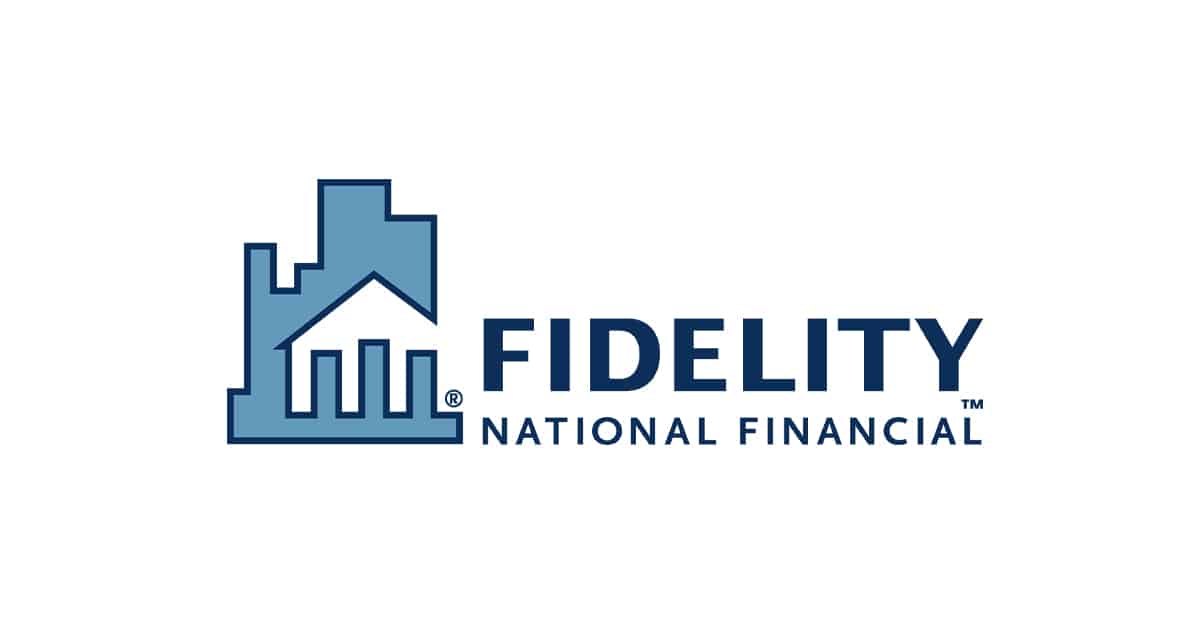This is a step-by-step stock review to answer the question, is Fidelity National Financial (FNF) stock a good buy?
This article will teach you how to use the 4Ms of investing. This will be a detailed walkthrough to show you how the 4Ms work and why they are important. If you are interested, you can log into Tykr to use the 4M Confidence Booster (Powered by OpenAI) which will allow you to complete a 4M Analysis in less than 60 seconds.
What are the 4Ms?
- MOS (Margin of Safety) – The MOS is the math part of investing which includes the Summary, Score, and MOS (Margin of Safety).
- Meaning – The meaning is the business model and how scalable the revenue streams are.
- Moat – The moat is how the business compares to other companies in the same Sector and Industry.
- Management – The management is the track record of the CEO.
What 4M score are we going for?
- 80-100 = High confidence – Yay! You should have high confidence buying this stock. It passes all 4M!
- 60-79 = Moderate confidence – Alert! There may be better stocks in the market. Only buy this stock if you truly believe the company will improve!
- 0-59 = Low confidence – Warning! There are better stocks in the market. Due to the low score, you should consider looking at other stocks.
Table of Contents
The following links will direct you to key topics to help answer the question, is Fidelity National Financial (FNF) stock a good buy?
- Fidelity National Financial Company History
- MOS
- Meaning
- Moat
- Management
- 4M Score
- Is Fidelity National Financial (FNF) stock a good buy?
1. Fidelity National Financial Company History
When investing in stocks, it’s important to know the company’s history. This helps us understand the various revenue streams, if they acquired other companies, how they grew through difficult times, and how they separated themselves from the competition.
- Founded: 1847, in Detroit, Michigan, as a small regional title insurance company.
- Key Transformation: In the 1980s, led by William P. Foley II, Fidelity National Financial (FNF) rapidly expanded through acquisitions.
- Growth Strategy: FNF acquired major title companies like Chicago Title and Alamo Title, becoming a national powerhouse in the title insurance industry.
- IPO: FNF went public in 1987, symbolizing its growth into a market leader.
- Diversification: Over time, FNF diversified into other financial services, including mortgage and real estate services, but remained focused on title insurance as its core business.
- Industry Leadership: FNF became the largest title insurance company in the U.S., with a strong reputation for trust and reliability.
- Spin-Offs: FNF has spun off several companies over the years, including Fidelity National Information Services (FIS), reflecting its innovative business approach.
- Acquisition of Stewart Title: In 2020, FNF acquired Stewart Information Services, further solidifying its market dominance.
- Today: FNF remains a Fortune 500 company, leading the title insurance market with a focus on innovation and customer service.
2. MOS (Margin Of Safety)
When investing in a company, the first step is to look at the financials. Fortunately, Tykr does this for us automatically. The higher the score, the stronger the financials and the safer the investment. The higher the MOS, the higher the potential returns you can make.
- Summary: Watch
- Score: 72
- MOS: 1%
To see the most up-to-date Summary, Score, and MOS, please log into Tykr.
3. Meaning
When investing in a company, it’s important to know how a company makes money. A mature business model has multiple streams of revenue which allow the company to weather downturns in the economy.
Here is how Fidelity National Financial makes money:
—
To truly know if is a Fidelity National Financial good stock to buy or sell, we recommend you log into Tykr. Within seconds you can see the Summary, Score, MOS, and 4M Score.
If you found this stock review interesting, you may also like this review on AMD
The Summary, Score, and MOS of this stock may have changed since the posting of this review. Please login to Tykr to see up-to-date information.

